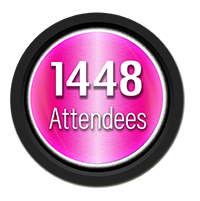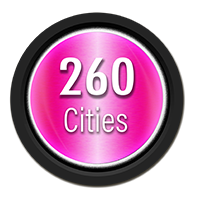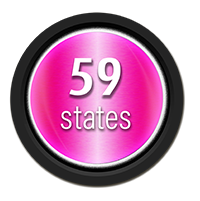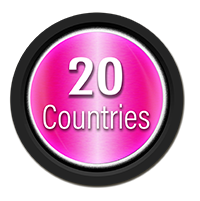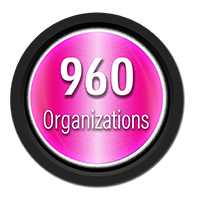
Join Us in Nashville
Collaborate | Advocate | Implement
A community's opportunity for socializing is among the
most influential factors in determining where people choose to live
The 2010 Knight Foundation’s Soul of the Community Project
Multiple Opportunities for Networking and Learning
THE SOCIABLE CITY SUMMIT is the premier in-person event for learning about social economy management. This annual networking event is a unique opportunity to connect with a broad network of leaders advancing innovation in multiple fields —law enforcement, business district management, city planning and economic development, nighttime venue operations, and more. No other event convenes such diverse perspectives on how to create safe, vibrant daylife and nightlife.
GUIDING PRINCIPLES
A thriving city center is built on a dynamic social economy—where people come together to shop, dine, drink, enjoy live music, and dance. Creating these vibrant spaces requires bold innovation in licensing for dining and entertainment, 24-hour mobility planning (including safe micromobility at night), and mixed-use development that harmonizes commercial, residential, and social activity around the clock.
- Sociability: Sharing an experience with other people that stimulates senses, intellect or emotions.
- Hospitality: Creating a social space for people to dine, drink, listen to entertainment, dance, and shop.
- Nightlife: The social activity or entertainment available at night in a town or city.
- Social economy: The economic activity generated by hospitality and event industries that support sociability.
- Social enhancers: Alcohol, music, and people can enhance sociability but may be risk factors, especially with time.
- Sociable city: A city that fosters vibrant, safe, and inclusive spaces for social interaction across all hours.
- Responsible hospitality: Assuring a safe and secure environment accessible to all.
Join in sharing tools and promising practices including:
- Innovation: Thought leaders share insights in short introductory talks followed with more in-depth workshops
- Breakouts: Technical seminars and case studies
- Trendspotting: Facilitated discussions and brainstorming on a key topic
- Mobile Workshops: Interactive learning experiences in Nashville

